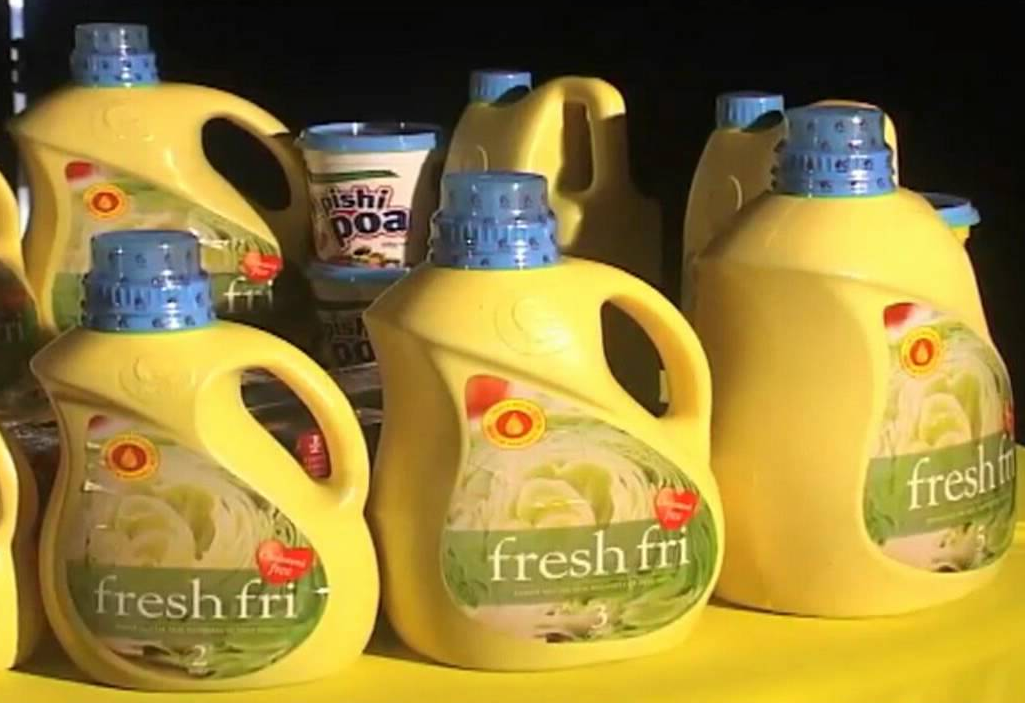The dollar shortage in Kenya is touching off a meltdown in edible oil industry, with a leading cooking oil manufacturer finding itself at the short end of the foreign exchange (forex) market. Pwani Oil, a big player in this segment, has been forced to temporarily shut its operations due to shortage of raw materials caused by inability to access enough dollars to pay suppliers on time.
Read >> Boardroom Wars And Mind Games That Keep Nation Media Going
Pwani Oil produces a number of edible oil brands including Freshfri, Salit and Fry Mate and closure is likely to disrupt market supply for the commodity whose price has lately been trending up cross various brands. Kenyans are staring at a cooking oil shortage, just like it was with fuel, and the attendant price inflation as other manufacturers review their positions.
Business Daily reports that the consumer goods manufacturer says its bankers are only processing half or even less of the dollar orders it requires to pay suppliers of crude palm oil from Malaysia. “Getting sufficient amount of dollars required to support the factory is not available. We are not even running the plant right now because of lack of raw materials,” Mr Rajul Malde, Pwani Oil Commercial Director, is quoted as saying.
He said since Pwani Oil is competing with other companies globally, prices are high and delayed payments are scaring away supplies. Based on the inflows from banks, Mr Malde said Pwani Oil is sourcing only between $500,000 and $1 million a day against a requirement of $2- $2.5 million.
Central Bank of Kenya Governor Patrick Njoroge Tuesday last week dismissed concerns by the Kenya Association of Manufacturers (KAM) that persistent dollar shortages had triggered a parallel exchange rate where lenders buy and sell well above the printed official rate.
See >> Kenyans Minting Millions From Online Jobs
Dr Njoroge said the foreign exchange market transacts about $2 billion of the US currency monthly, which is enough to meet demand from importers and companies for payments like dividends.
The situation has been complicated by growing global competition for crude palm oil after Indonesia tightened its export rules to prioritise domestic needs. Indonesia accounts for about a third of the global crude palm oil exports, leaving Malaysia as the main source of the main raw material Pwani uses.
The situation can only improve if the dollar situation improves. Importers hope Central Bank can release some dollar reserves to stabilise the dollar demand in Kenya. In April, KAM said banks had imposed caps on dollar purchases, making it difficult to obtain adequate forex to meet supplier obligations and reducing bargaining power for favourable prices.
Next >> Rent-to-Own: Why DP Ruto’s Proposal Is Driving Debate








![Parliament in a past session. [Photo/Parliament of Kenya/Facebook]](https://businesstoday.co.ke/wp-content/uploads/2026/02/Parliament-Kenya-200x143.webp)



Leave a comment